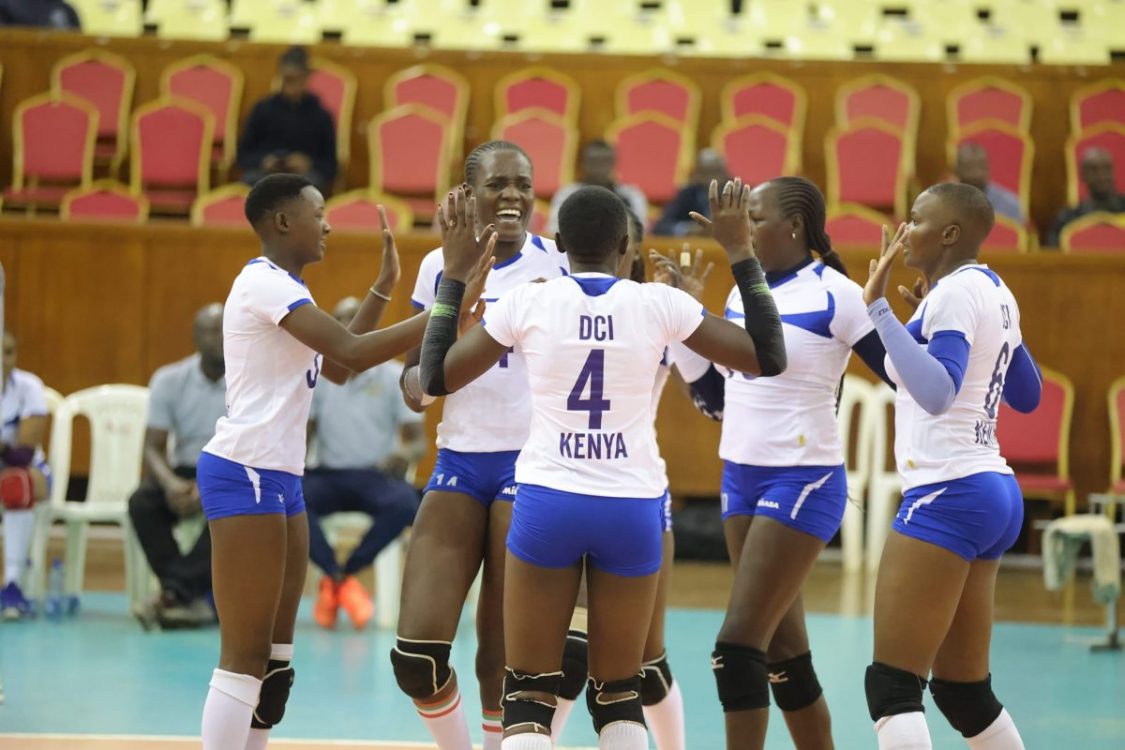Resident seeks deferral of levy on cooking gas
By People Team, July 6, 2021Bernice Mbugua and Lewis Njoka
A resident of Nairobi City County has moved to court seeking orders to suspend the 16 per cent Value Added Tax (VAT) on cooking gas.
Dindi Oscar Okumu has sued the Finance Cabinet Secretary, Energy and Petroleum Regulatory Authority, Kenya Revenue Authority, the National Assembly and the Attorney General.
Through lawyer Philip Omoiti, he wants the court to suspend the coming into force of the provisions of section 14(a) of the Finance Act, 2020, saying it repeals Second Schedule, Clause 13 of the Value Added Tax 2013 which listed Liquefied Petroleum Gas as zero-rated supply.
“This in effect subjects liquefied Petroleum Gas to a tax rate of 16 per cent of its taxable value pursuant to sections 5(2) (b) of the Value Added Tax, 2013,” he says in court documents.
The 16 per cent VAT was reinstated through Finance Act, 2020, which President Uhuru Kenyatta signed on June 30, 2020.
However, its implementation delayed the levy for one year, to July, due to concerns about the high cost of living.
Okumu argues that in passing the Finance Bill, 2020 in the midst of Corona Virus Pandemic, the National Assembly did not engage members of the public for constructive public participation which is mandatory in the constitution.
“By failing to engage the public prior to passing the Bill, the National Assembly did not understand and did not take into account the enormous economic and environmental challenges the said legislation posed,” he said in court documents.
He contends that the implementation of the 16 per cent VAT on Liquefied Petroleum Gas (cooking gas), which has already been effected shall affect more than 45 million Kenyans who continue to suffer under the effects and threat of corona Virus.
“If the Finance Act 2020 is allowed to stand, Wanjiku will not recover any monies incurred as a result of the 16 per cent Value Added Tax and its consequences on the environment are irreversible,” he says.
Reverse the gains
He notes that among the reasons for zero rating of LPG was to move Kenyan households towards a clean energy and reduce pressure on tree cover from firewood and charcoal consumption.
According to him, the imposition of the VAT tax will reverse the gains, made in terms of environmental conservation, besides violating Kenyan’s rights to life, food, clean environment and dignity.
“It is only fair, just, and equitable and in the interest of justice that pending the hearing and determination of the application, the court issues the orders prayed for,” he said.
In the recent past, the government has introduced a number of controversial taxes in an attempt to raise more revenue to finance the budget.
Internet consumers will have to pay more to remain connected after parliament, via Finance Act 2021, increased the excise duty levied on internet and telephone data services from 15 to 20 per cent.
Last year, Treasury via Finance Bill 2020 introduced minimum tax which requires that businesses remit one per cent of their turnover to the KRA on a quarterly basis.
However, the controversial tax, which has been widely opposed by stakeholders, has been challenged in the Machakos High Court and is awaiting determination.
More Articles

